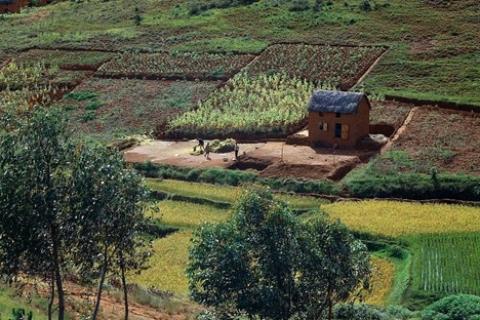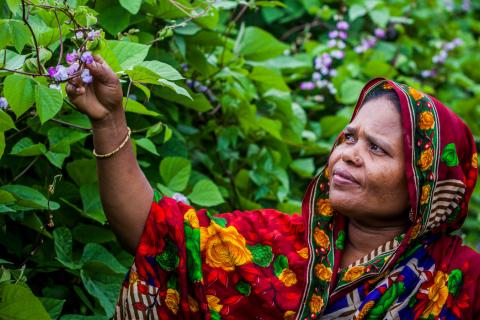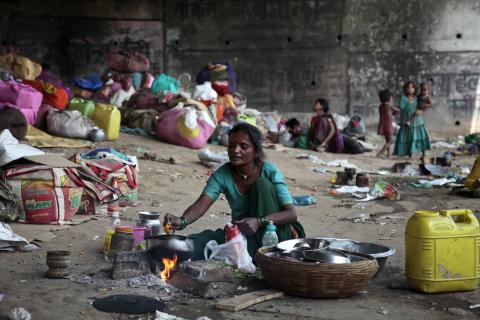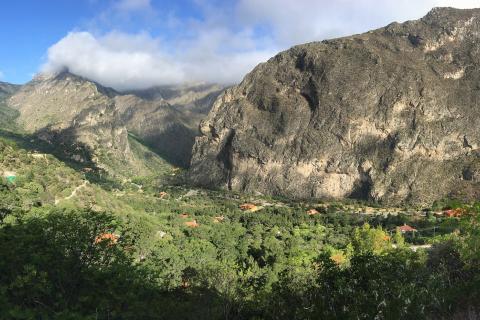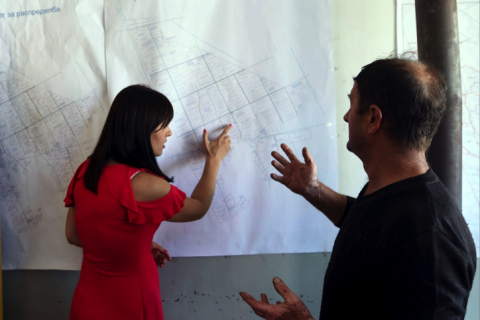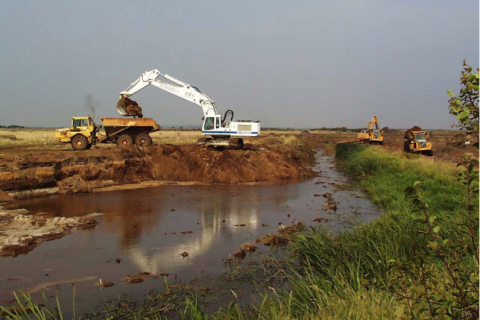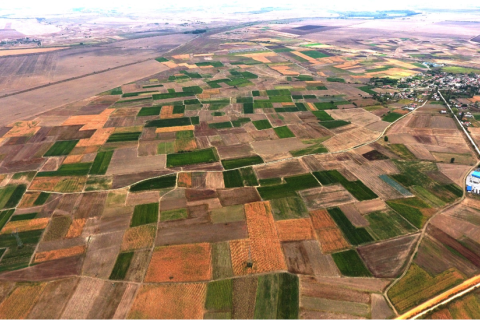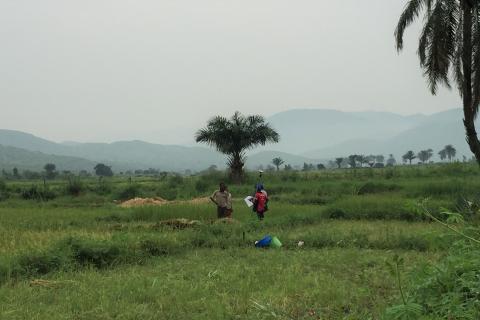International Workers' Day: Why all land rights are workers’ rights
* Any views expressed in this opinion piece are those of the author and not of Thomson Reuters Foundation.
Land insecurity and inequality are endemic and keep families trapped in poverty for generations
Malcolm Childress is co-director of Prindex and executive director of Global Land Alliance


